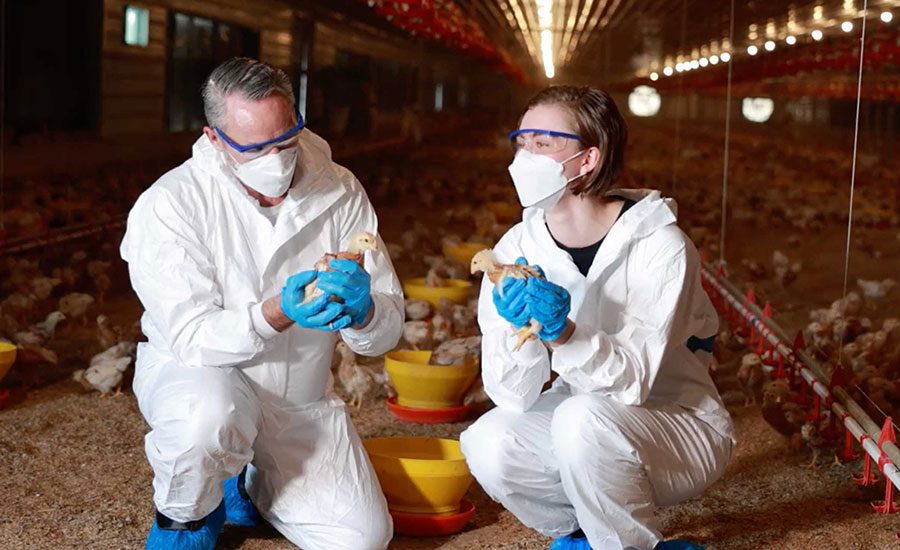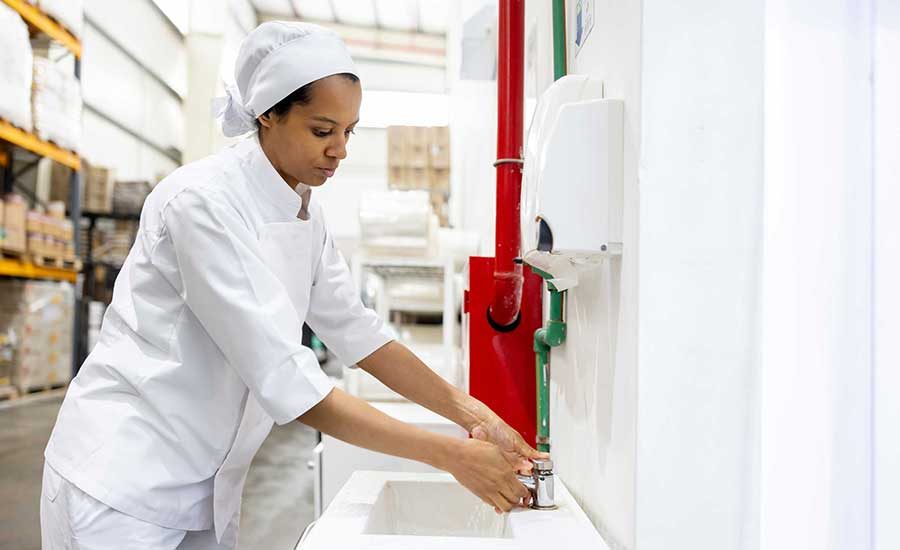The Food Standards Agency (FSA) asked consulting and technology services provider ICF to take a look at food firms and local authority experience of using remote assessment in England, Wales, and Northern Ireland during the COVID-19 pandemic. The goal was to look at food hygiene and food standard checks.
Most local authorities raised the accuracy of remote assessments as a key concern, according to an evaluation of the technique's use during the pandemic.
Local authorities were afraid that information was vulnerable to manipulation by food businesses, and problems could be missed, resulting in public health risks. With remote assessments, assessors are not able to use instincts and sensory awareness to assess businesses, such as the loss of smell to detect pests, and are unable to see how staff interact.
Upon revisiting a butchering operation that previously had been deemed to be operating satisfactorily during a remote check, a few cleanliness problems were identified, said one officer. These problems had not been picked up via phone calls or through images the company had shared.
Another officer said that there had been a few incidences where food business claims made during remote check-ins via phone calls had not corroborated with what they saw in on-site follow-up visits.
Remote assessments were allowed for lower-risk businesses, as there were reduced public health risks associated with failing to identify food hazards.
The study involved 20 interviews with local authorities. Although three food businesses opted-in, only two interviews were completed, between October through December 2020, with a family-run café and a family-owned butcher shop.
The FSA said that it would use the findings to help inform decisions on any further testing or trials and to assess where remote approaches might be used more in the future.
Previously, the FSA had allowed local authorities to use remote assessments in some circumstances. Food hygiene ratings could only be given or updated following an on-site visit. However, one officer admitted to issuing his/her ratings using a remote assessment, contrary to the FSA's guidelines.
Eighteen local officers used remote assessments. The two who did not opted to skip them because of limited resources, reduced access to technology, and the fact that they didn't think they could ease their workload or bring other benefits.
Source: Food Safety News









